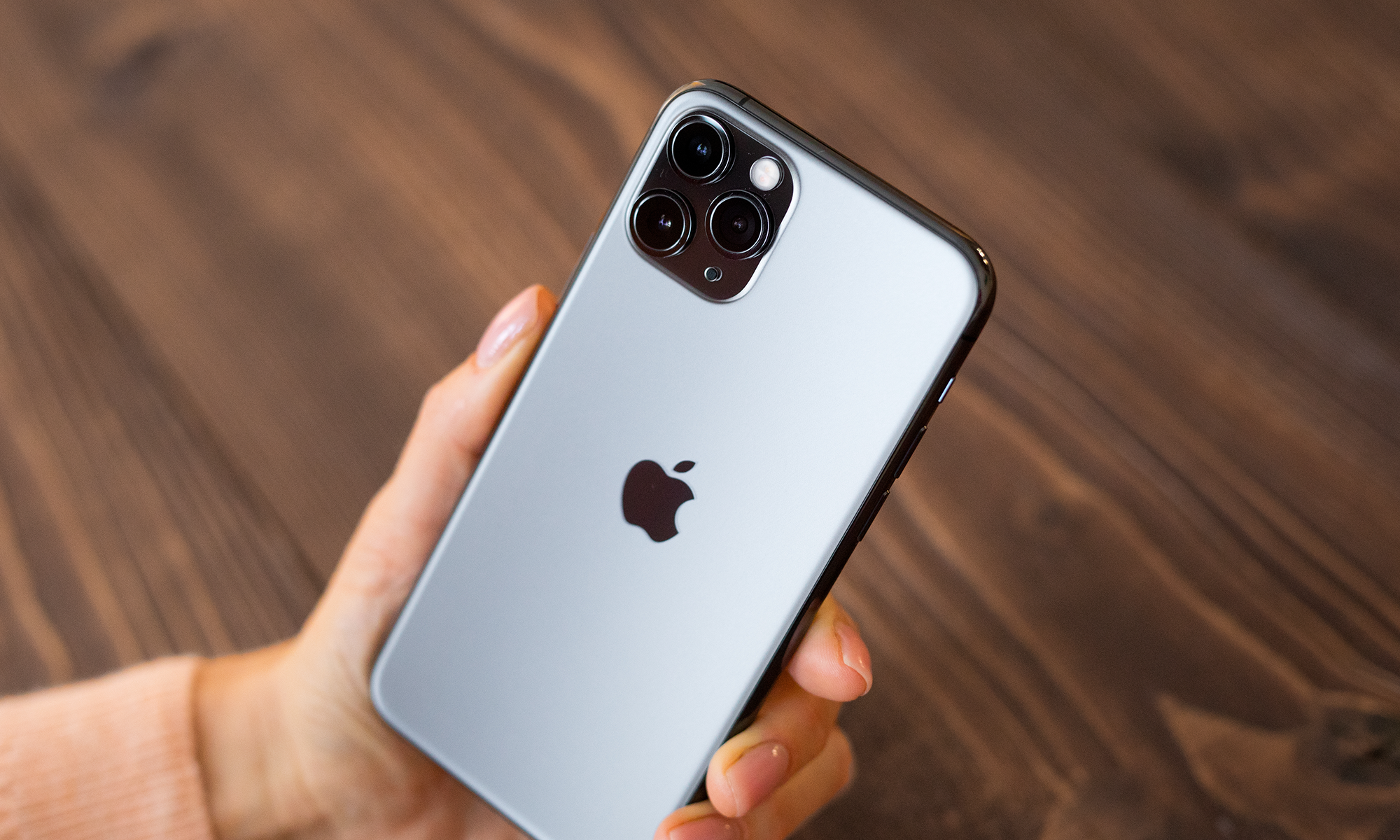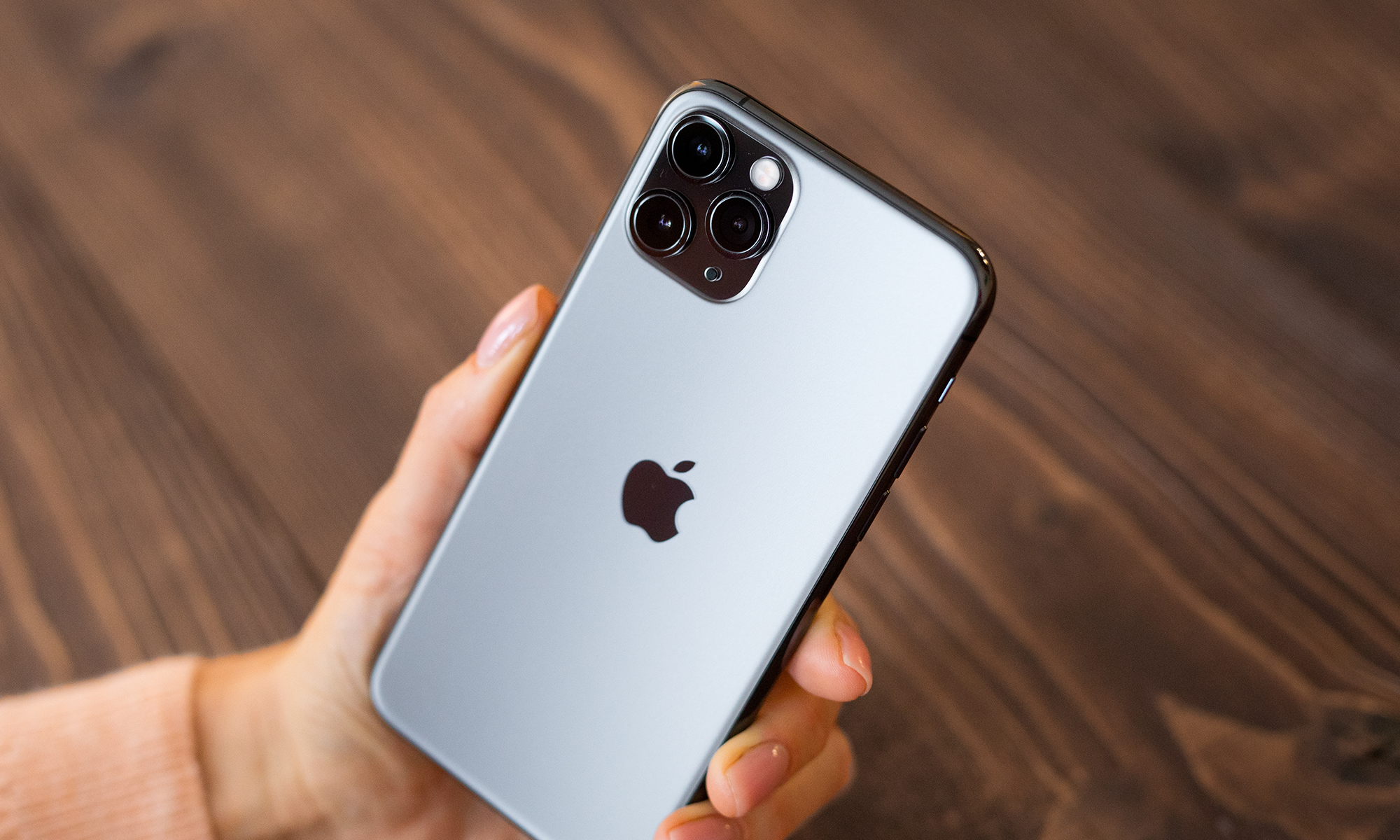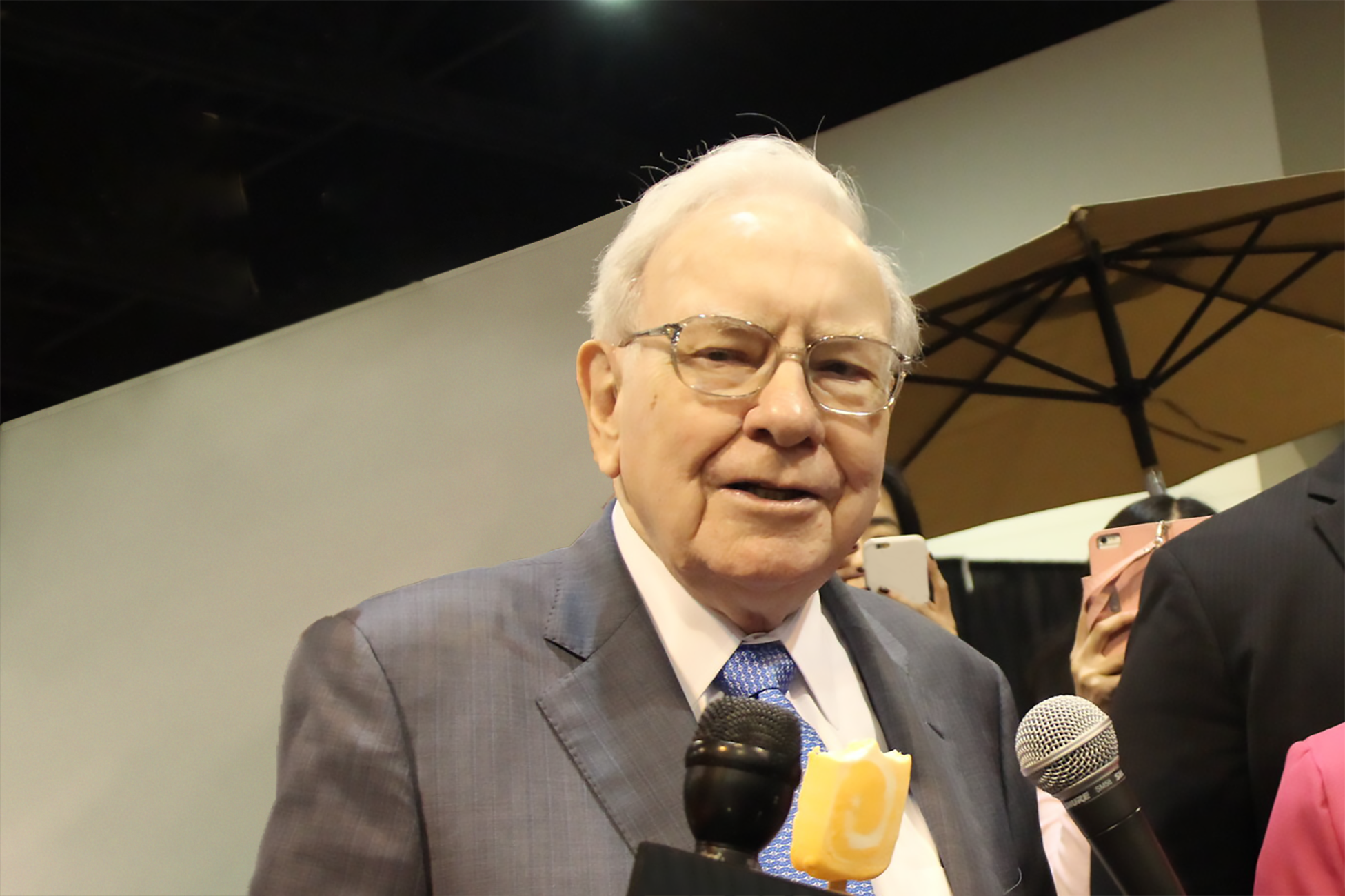It may be too late for the 2012 holiday shopping season, but it's now becoming more likely that Apple (AAPL +0.78%) will finally live up to the chatter of introducing its own smart television.
"When I go into my living room and turn on the TV, I feel like I have gone backwards in time by 20 to 30 years," CEO Tim Cook tells NBC's Brian Williams in a Rock Center interview that will air tonight. "It's an area of intense interest. I can't say more than that."
He doesn't have to.
The inevitability of a full-blown Apple HD television -- whether Apple is able to acquire the iTV naming rights or settles for a different moniker -- is clear. Apple has spent the past five years rolling out its iOS on screens from as little as the iPod touch and iPhone to as large as the iPad. Blowing it up to a living room-sized beast makes sense.
Knocks on the tube
It will never be as popular as Apple's other iOS gadgets, and there are plenty of reasons for that.
- The TVs will be far more expensive than the iOS devices currently on the market.
- Since most prospective buyers will already have broadband connectivity in their homes, it's not as if wireless carriers will be there to subsidize the stiff price tags.
- TVs are huge. It's not something that will be easily carried out of an Apple Store or brought in for a repair.
- For many of these reasons, folks won't be upgrading their flat screen TVs every couple of years the way that they do with their iPhones.
Apple surely knows this, and perhaps it's why the company hasn't had a problem dragging its feet here. Even as Google (GOOG +0.67%) and others have rolled out smart televisions that bridge the gap between conventional viewing and Web-plucking functionalities, Apple knows that it can raise the bar where the industry sorely needs it the most: programming.
570 channels and nothing's on
The one area where Apple can truly revolutionize the TV-viewing experience is in the way content is mispriced and sold by cable and satellite television providers.
Service providers bundle an absurd collection of channels, and customers have little choice but to buy the lot. A home watching MSNBC isn't likely to be tuning in to Fox News and vice versa. Someone may simply want only live sports, which is perhaps the only thing keeping the pay TV industry alive these days.
We don't need -- and much less want -- things the way they are.
Nielsen's latest ratings data shows that ABC, Fox, CBS, and NBC have combined for a 9% drop in viewers among those between the ages of 18 and 49 this season. We're collectively watching more than a billion hours a month on Netflix (NFLX 1.75%), and Google's YouTube is training young people that short content clips can be just as entertaining as a half-hour sitcom or an hour-long drama.
Apple has an opportunity here that will simply go beyond the "two screen" trend by giving people what they want.
Naturally, the cable networks will want nothing to do with that at first.
There's too much to lose
Google TV's biggest blunder was that it debuted without the blessing of cable networks and broadcasters that quickly shut off access to their content online.
They're no dummies. Cable channels with only hundreds of thousands or perhaps millions of active viewers can collect fees from the roughly 100 million homes in this country paying for cable or satellite television plans.
Why should they give in to Apple's meritocracy?
Apple isn't a big fan of buffets. Unlike Netflix in video or Spotify in music, Apple prefers to sell content a la carte. If someone can buy single cable channels -- or individual pieces of content -- that would be preferable to a predetermined basket of programming. However, if Apple can convince the elite content creators that they can make more money by targeting individuals, the tide will begin to turn.
Sure, many of the more magnetic cable channel operators have less fortunate siblings.
AMC Networks (AMCX 1.43%) is home to Walking Dead, Breaking Bad, and Mad Men -- but the company AMC is also the parent company of the more obscure IFC, WE, and Sundance cable channels. It may seem to have more to lose than gain by being a part of Apple's revolution. However, if it sees Apple as the future -- and if Apple throws enough interactive Web-tethered features to make it the centerpiece of living room entertainment -- it may as well play along before it becomes the walking dead itself.
Apple's coming. It's not going to let Google try to claw its way back from the poorly received Google TV launch. It's not going to let Microsoft (MSFT 10.23%) make the most of its youthful Xbox Live audience to transform Xbox consoles into the home theater appliance of choice. If Google and Microsoft see television as a computing tool, Apple needs some serious skin in this niche.
It's going to happen. It's an area of "intense interest" at Apple, and it just became required viewing for investors.
Thinking different
A new premium report on Apple details the opportunities and challenges in store for its shareholders. The report includes a full year of updates, so time's ticking. Click here to check it out now.










